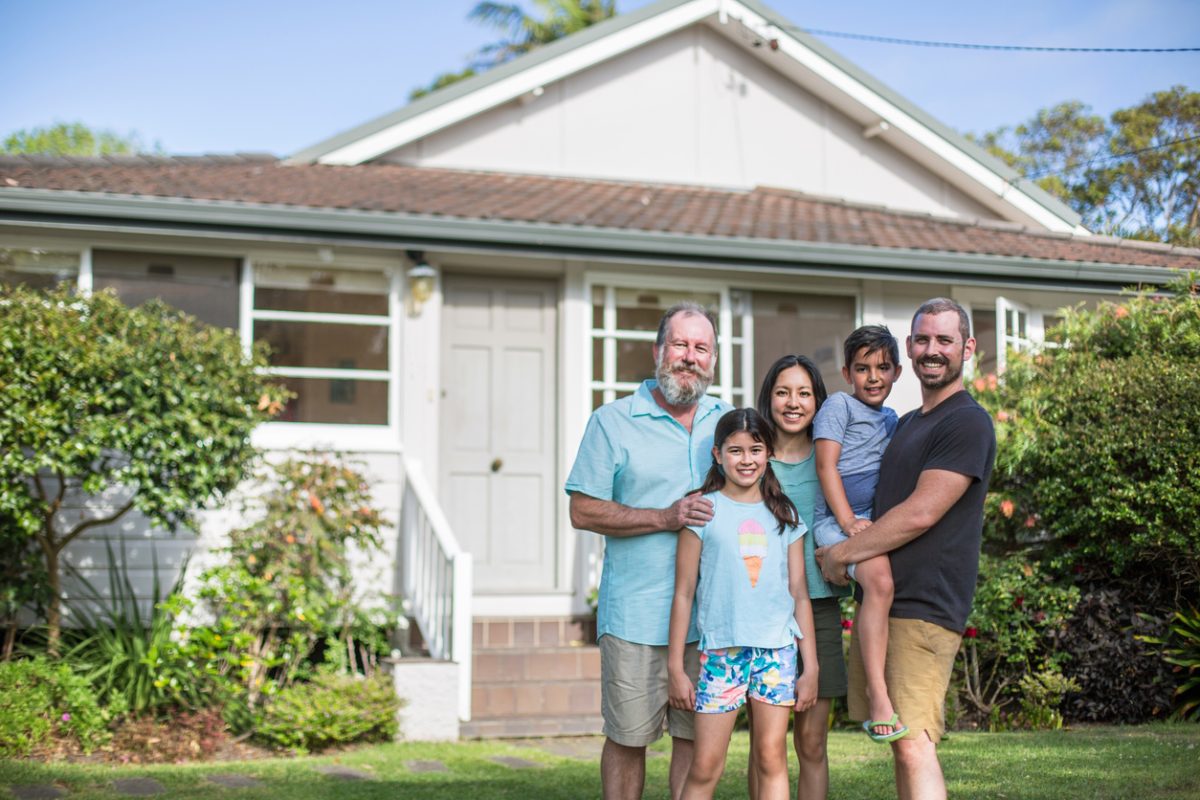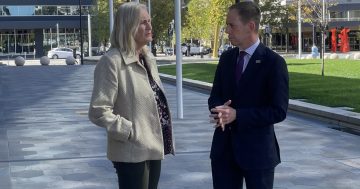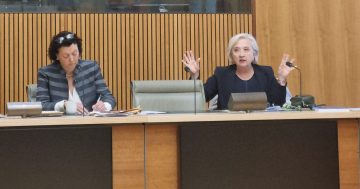
There are good ways and bad ways to join the Bank of Mum and Dad – the key is to get informed. Photo: iStock / Julieanne Birch.
Though property ownership prospects seem to grow dimmer with each generation, there may be ways to help your child buy a home without it costing you your own, according to one Canberra expert.
In fact, DFK Everalls senior manager and director Melissa Healy said some Bank of Mum and Dad arrangements could even be mutually beneficial – if approached wisely.
“There are many different ways to help your child buy a home. But it must be approached wisely so you don’t put your own financial welfare at risk,” she said.
While there are more considerations than most people realise, Ms Healy said the first question was usually always the same.
“Comprehensive planning is always goals-based and boils down to what a client values in life. Often that goes to helping their children,” she said.
“If that’s the case, then the next question is whether they can afford to, without putting themselves in financial detriment.
“If so, then it becomes a question of how much they can afford to help, and what’s the best way to do it.”
In broad strokes, help either comes in the form of an outward gift or an arrangement that allows the parent to retain a measure of control over their contribution.
A no-strings-attached gift might seem straightforward, but there are considerations beyond whether or not you can afford to give up the money and the compounding interest from your superannuation.
For example, gifts should be made more than five years before a person becomes eligible for the aged pension, or it will be included in asset testing for Centrelink purposes.
“This is an important consideration for anyone approaching aged pension age, because it means they no longer have the money, but it’s still deemed part of their assets and could impact their pension,” Ms Healy said.
“Certain strategies are better for Centrelink benefits.”
Sometimes, it’s a question of your child’s personal life. Protecting your contribution from relationship breakdown is a consideration.
“Once gifted, your money could end up being split between your child and their partner so you need to consider whether you want provisions in your agreement that structures the gift in such a way that it remains with your child,” Ms Healy said.
“One way is to structure it in the form of a loan or, if it’s a very large amount, a loan from a family trust where control of the family trust can be passed on in due course.
“It’s like giving them their inheritance early, when it’s most helpful.”

DFK Everalls’ Melissa Healy says an increasing number of clients are looking to help their children buy homes. Photo: DFK Everalls.
A loan is the way to go if you’ve worked out that you need your contribution back at some stage.
But whether the loan granted on a basis of full eventual repayment, interest only or interest-free, it’s important to take into account the tax implications on both sides to decide if it’s really the best way to go.
In certain circumstances, a loan can be handy for both parties.
“Mum and dad might not need the money now, but they will later for aged care,” Ms Healy said.
“At the same time the bank might want to charge the child a higher interest rates than the parent’s super fund or investments are returning. In that case, the parent might not be any worse off by loaning that money to their child instead. It might even be the better investment.”
Many parents opt to become joint owners of property, allowing them to share in the investment (and associated benefits) while making it viable for their children to enter the property market.
Ms Healy said in this case it was important to approach taxes strategically. This includes deductions and, upon sale, capital growth and stamp duty.
Considerations also change depending on how the property is used.
“There’s a big difference between helping your child buy a property they’re going to live in, where they benefit from the main resident exemption to capital gains, and helping them buy an investment property, in which case both parties can claim deductions,” she said.
Going “guarantor” is a popular alternative to gifts, loans and shared investment.
But Ms Healy warned it was “fraught with danger”.
“You have no ownership, no control, and if your child defaults, you’ve not only lost the asset, you’re also 100 per cent liable,” she said.
“Even a well-organised, well-positioned child can experience family breakdown or unexpected health issues that could impact their ability to service a mortgage. And when you’re in retirement with no income, the last thing you need is the bank asking you for half a million dollars.”
Regardless of which route you land on, it’s crucial to seek advice from professionals to make informed decisions and avoid costly oversights and errors.
“We’re talking about a major asset, perhaps the biggest. Even if you’re paying 0.1 per cent of that total asset just on advice, having the right structures in place might save you damages of 10 to 20 per cent,” Ms Healy said.
“You could save a comparative fortune in stamp duty and capital gains tax at best and at worst, you’re ensuring your contribution is protected.”
For more information contact DFK Everalls.





















